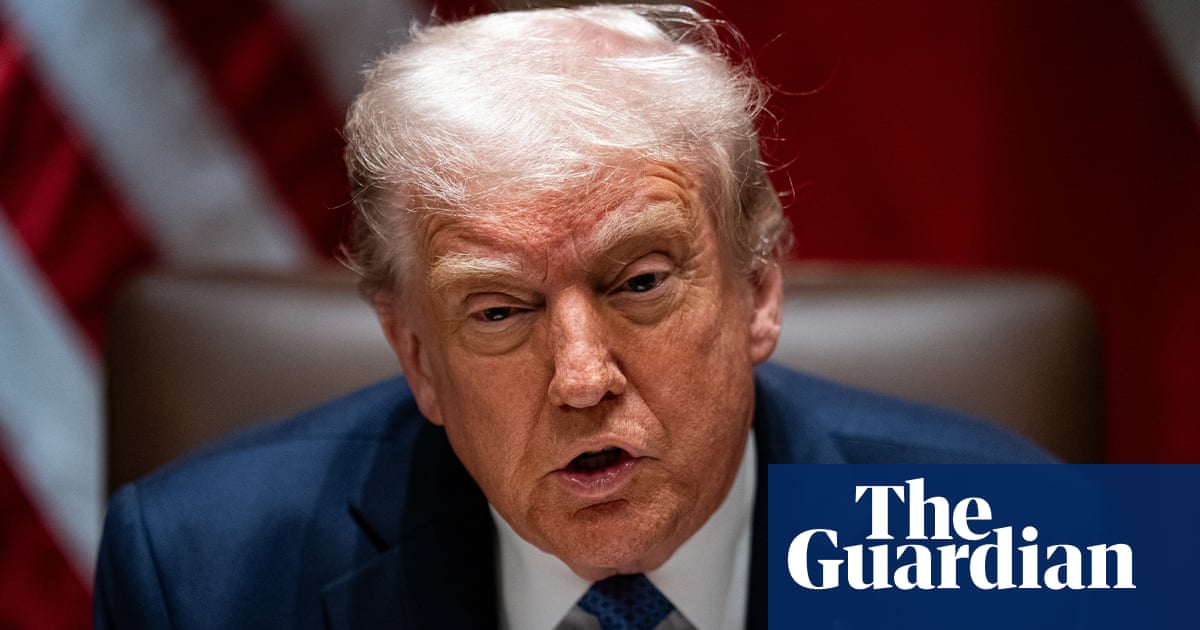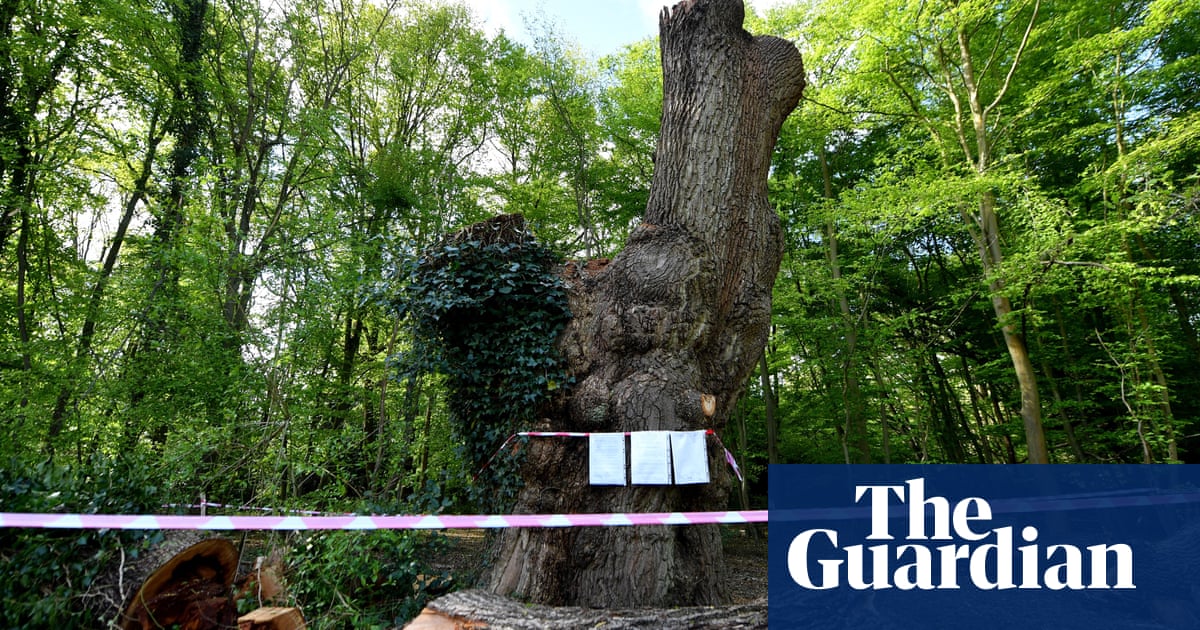Tensions between the arch-rivals India and Pakistan have escalated rapidly after the massacre of 25 Indian tourists and a Nepalese citizen in the disputed Himalayan Kashmir region on Tuesday, prompting warnings of a return to conflict.
A previously unknown Islamic militant group calling itself the Resistance Front has claimed responsibility for the attack, which India immediately linked to Pakistan, although it did not publicly produce any evidence. Pakistan has denied any involvement.
Among a string of punitive measures announced since Tuesday, India has downgraded diplomatic ties, suspended a crucial water-sharing treaty and revoked all visas issued to Pakistani nationals. In retaliation, Pakistan has closed its airspace for all Indian-owned or Indian-operated airlines, and suspended all trade with India, including to and from any third country.
Why is Kashmir so sensitive?
The region, in the foothills of the Himalayas, has been disputed since India and Pakistan came into being in 1947. Both claim it in full, but each controls a section of the territory, separated by one of the world’s most heavily militarised borders: the “line of control” based on a ceasefire border established after the 1947-48 war. China controls another part in the east.
India and Pakistan have gone to war a further two times over Kashmir, most recently in 1999.
The dispute stems from the partition of colonial India in 1947, when small, semi-autonomous “princely states” across the subcontinent were being folded into India or Pakistan, and the local ruler chose to become part of India despite the fact the area had a Muslim majority.
Armed insurgents in Kashmir have resisted Delhi for decades, with many Muslim Kashmiris supporting the rebels’ goal of uniting the territory either under Pakistani rule or as an independent country. India accuses Pakistan of backing militants – a claim Pakistan denies.
What has happened in recent years?
In 2019 Narendra Modi’s government launched a severe security crackdown in Indian-administered Kashmir and revoked the region’s special status, which had granted it limited autonomy since 1949. The move fulfilled a longstanding Hindu-nationalist pledge and was widely welcomed across India, but angered many in the territory itself. Against a backdrop of widespread repression, insurgent violence tapered off and tourists returned to the region.
New rules were implemented that allowed outsiders to buy land in Kashmir for the first time, which many saw as an attempt by the Bharatiya Janata party (BJP) to dispossess them from their land and change the Muslim demography of the region.
Under its special status Kashmir had been able to define who its permanent residents were, preventing incomers from other parts of India from applying for jobs, scholarships or buying land. With the new domicile rule India widened who was eligible to live and work in Kashmir, leading to accusations that it was trying to change the demographic make up of the region. The Resistance Front cited this claim when it claimed Tuesday’s attack.
Why has India reacted so forcefully to the attack?
The attack – in the midst of a visit by the US vice-president, JD Vance – was highly embarrassing for Modi and his BJP party, which has been boasting since 2019 about the success of its security policies in Kashmir. The anger in India has been exacerbated by the sectarian nature of the attack, during which some of the male tourists were reportedly asked to recite Islamic verses to determine who would be killed.
What is the significance of the Indus Waters treaty?
While some of the bellicose rhetoric that has been visible in the past few days is familiar from past crises between India and Pakistan that have fallen short of war, India’s decision to suspend the 1964 Indus Waters treaty is a very big deal. The treaty, which has survived endless crises over the years, is one of the world’s most successful water-sharing agreements, allowing for sharing the waters of a river system that is a lifeline for both countries.
Pakistani agriculture’s massive reliance on the Indus system’s waters for irrigation makes the treaty crucial for the country. Pakistan has said any interference with waterflow would be treated as “an act of war”.
How bad could this get?
The last major conflict fought between India and Pakistan was the 1999 Kargil war, which was limited in comparison with previous conflicts. While much is made of the fact that both countries retain nuclear weapons, conventional wisdom is that this has tended to limit rather than exacerbate the danger of serious conflict in recent decades.
However, past militant attacks – in 2016 and 2019 – have resulted in Indian military retaliation. Many observers believe that bar means that India will like launch airstrikes on militants across the border as a minimum response.

.png) 5 hours ago
4
5 hours ago
4













































